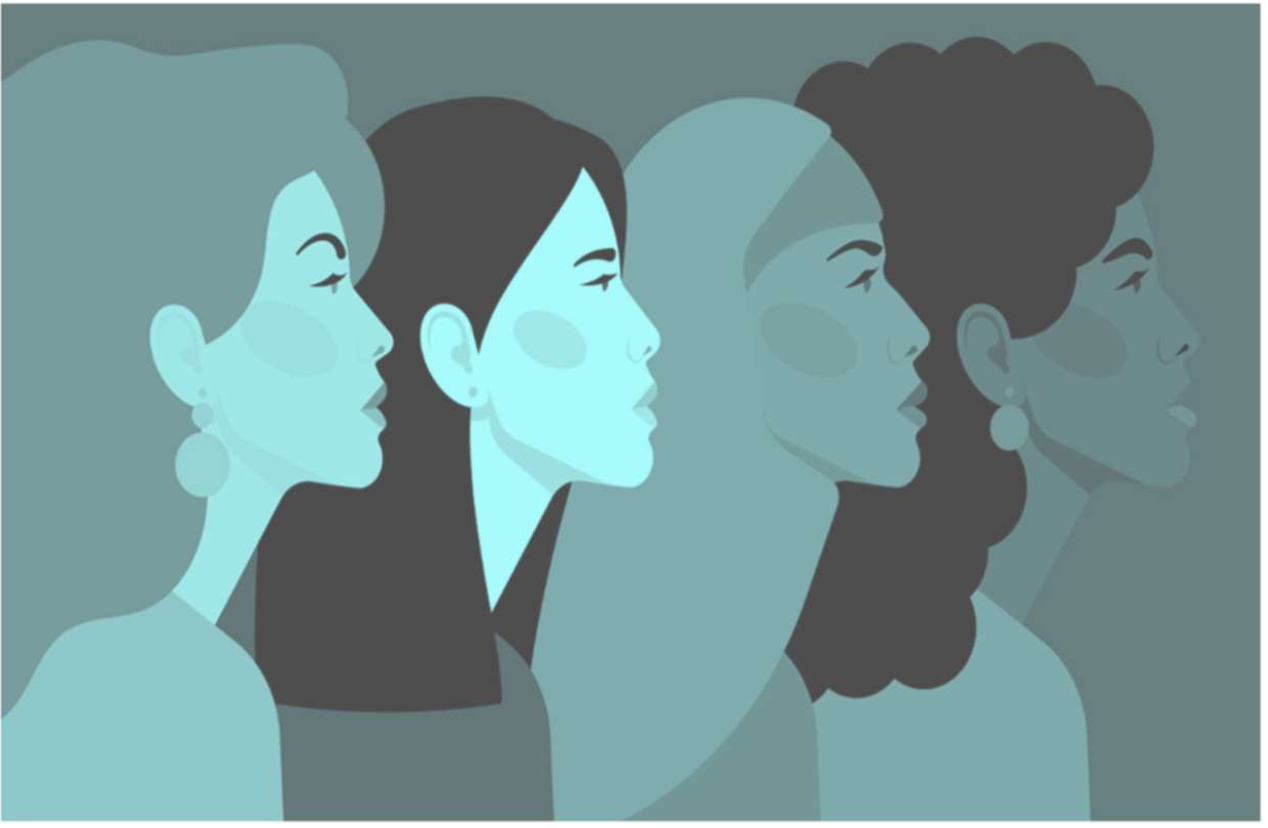FOR IMMEDIATE RELEASE
March 10, 2022
Contact: William Lutz | lutz@iwpr.org | (202) 684-7534
New IWPR Survey Shows Wide Gaps Between What Women Want from Employers and What Employers Offer in Terms of Wages, Leave, Workplace Flexibility
Washington, D.C. — Two years into the pandemic, the future of work looks radically different for women. A new survey from the Institute for Women’s Policy Research finds workplace flexibility, paid leave, and higher pay top the list of wants for women as they chart a path back to the workforce. Businesses—small and large—will be key drivers and determine when and how women re-enter the workforce.
There is a wide gap between what women say they want from employers and the benefits employers provide. The survey found that more than 75 percent of women rate paid leave, health insurance, or job security as “very important” or “important” when considering future jobs, but at least 1 in three women workers say they currently lack one or more of these critical benefits.
The survey also details the policies women want and expect from employers—health insurance, paid leave, retirement benefits, and flexible work schedules—providing a roadmap for those seeking to hire women as the pandemic eases.
“The pandemic has forced us all, in our private and professional lives, to re-think work. Women are eager to return to the workforce, but work needs to make sense for them and their families. Right now, there is a wide gap between the benefits women need and what they currently receive from employers,” said IWPR President and CEO C. Nicole Mason.
IWPR’s survey showed that a majority of women report the following as “very important” or “important” factors when considering future employment:
- Nearly 90 percent of women rate a “living wage” as “very important” or “important” in their employment decisions.
- The same was true of health insurance (86 percent), retirement benefits (85 percent), job security (81 percent), paid vacation (79 percent), paid sick leave (77 percent), and paid family leave (77 percent).
- Over six in ten women rated flexibility as “very important” or “important” as they consider future jobs.
- Yet, paid sick and family leave remains an elusive benefit for many, with over one-third of women (38 percent) employed full-time reporting they do not have paid sick leave and 65 percent reporting they do not have paid family leave.
“Turns out the Great Resignation is really the ‘Great Renegotiation’ for women,” said Mason. “We have an opportunity to create workplaces that work for most, if not all workers, including women who make up half of the U.S. workforce.”
Read the full brief, The Pandemic Effect: Women Want Good Pay, Health Coverage, and Better Benefits as They Re-Enter the Workforce, here.
###



